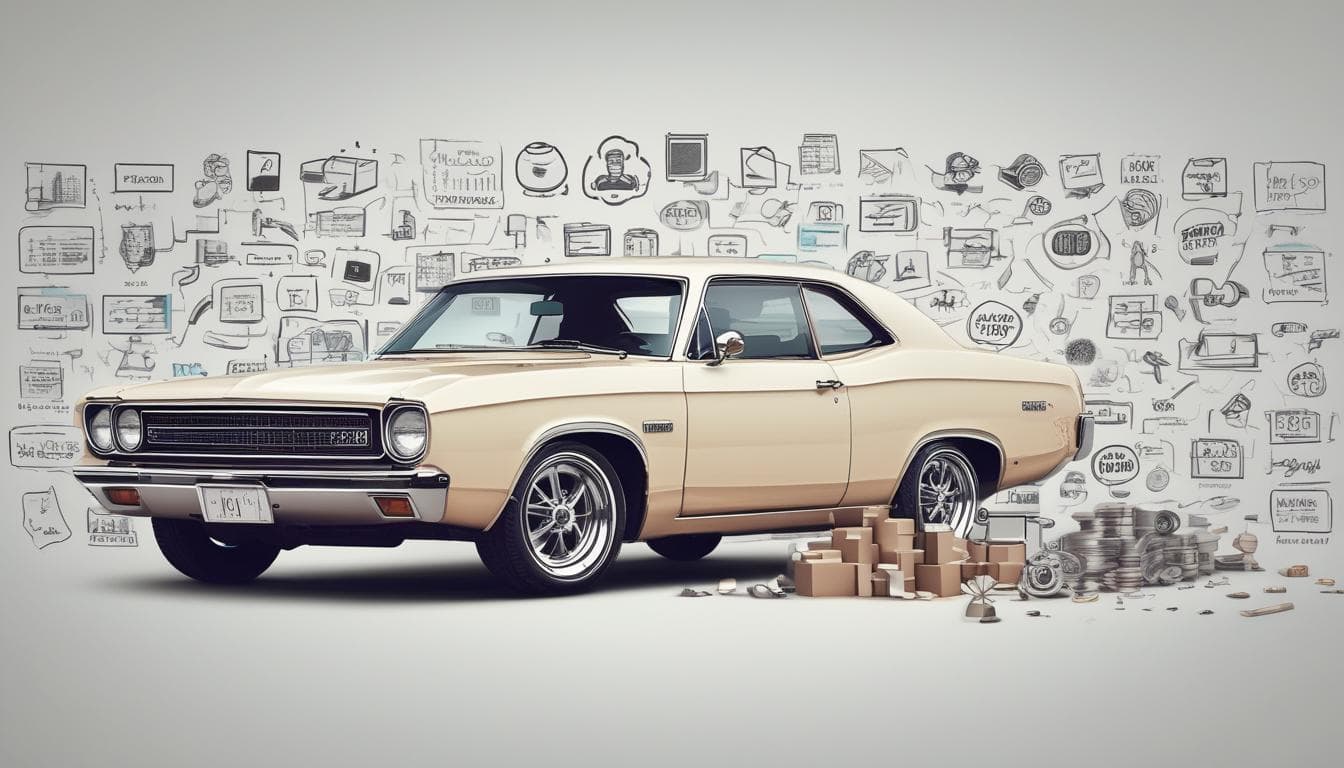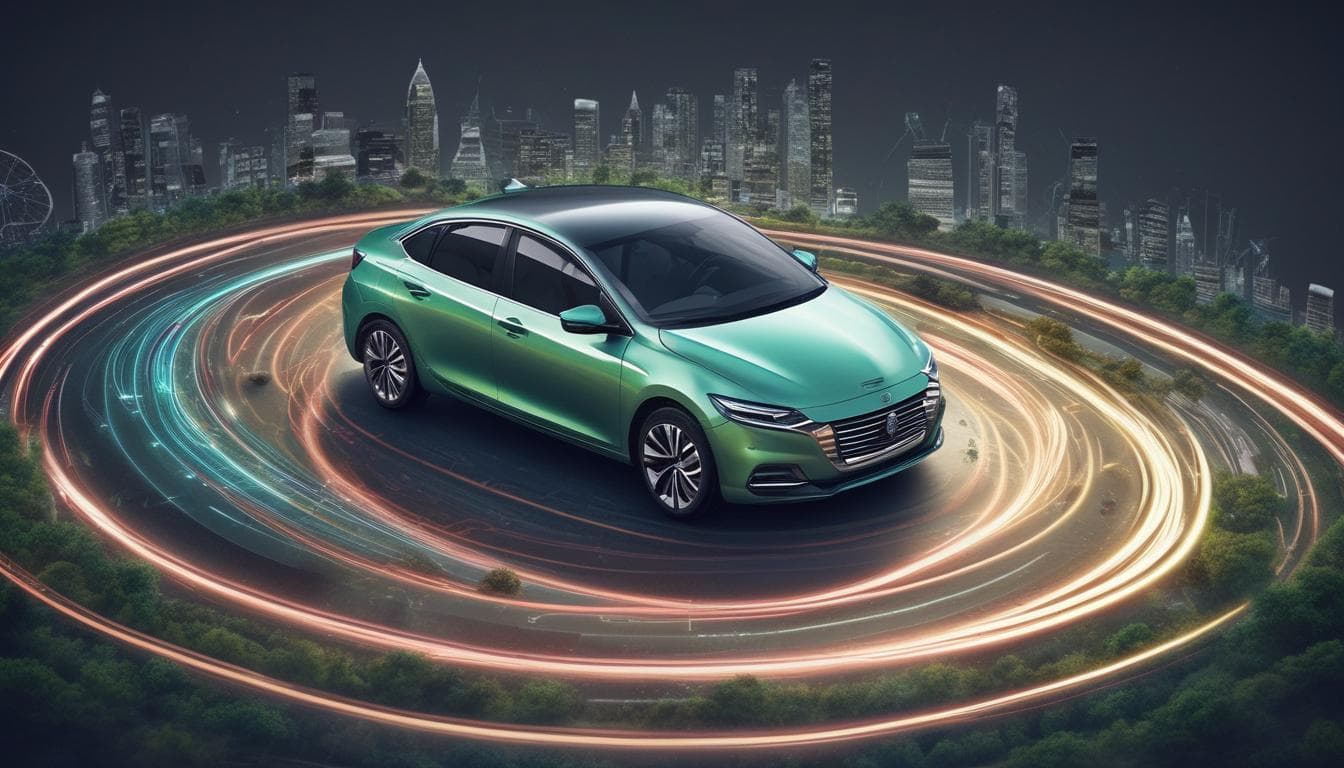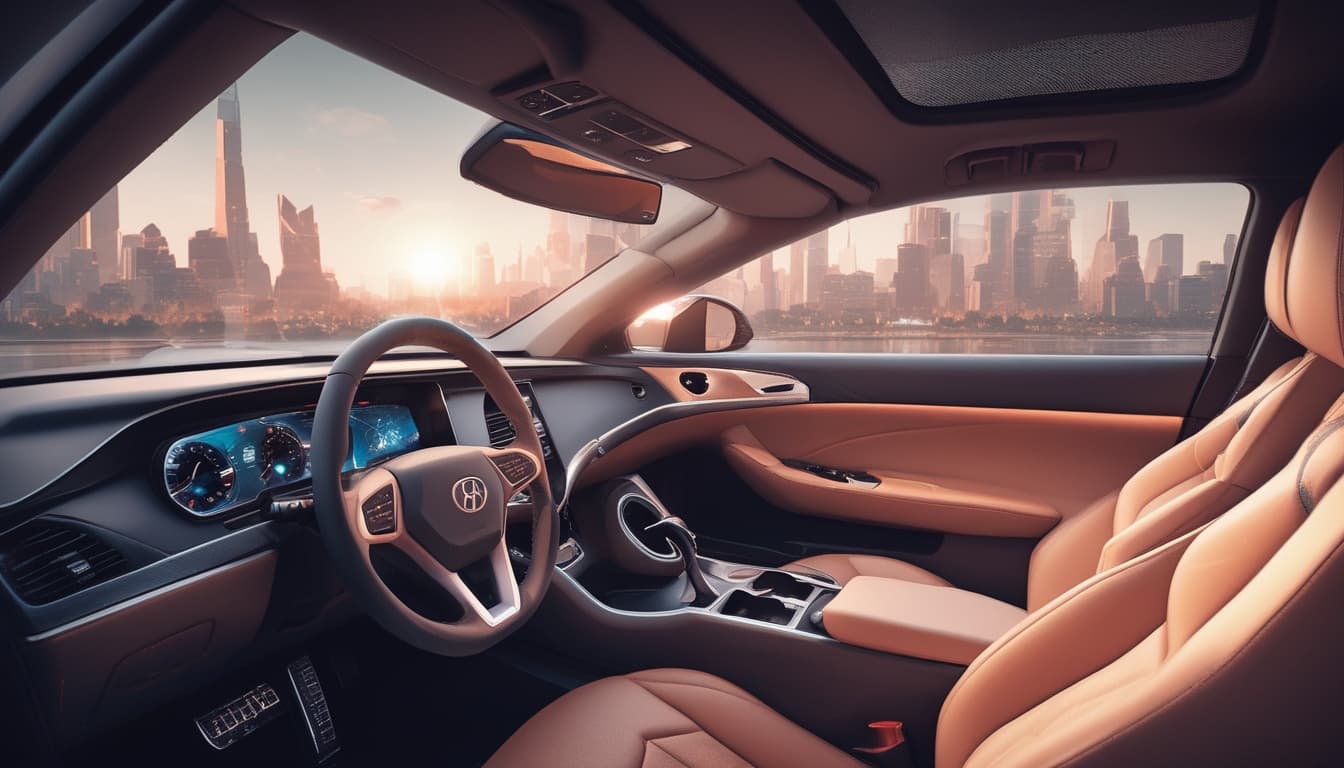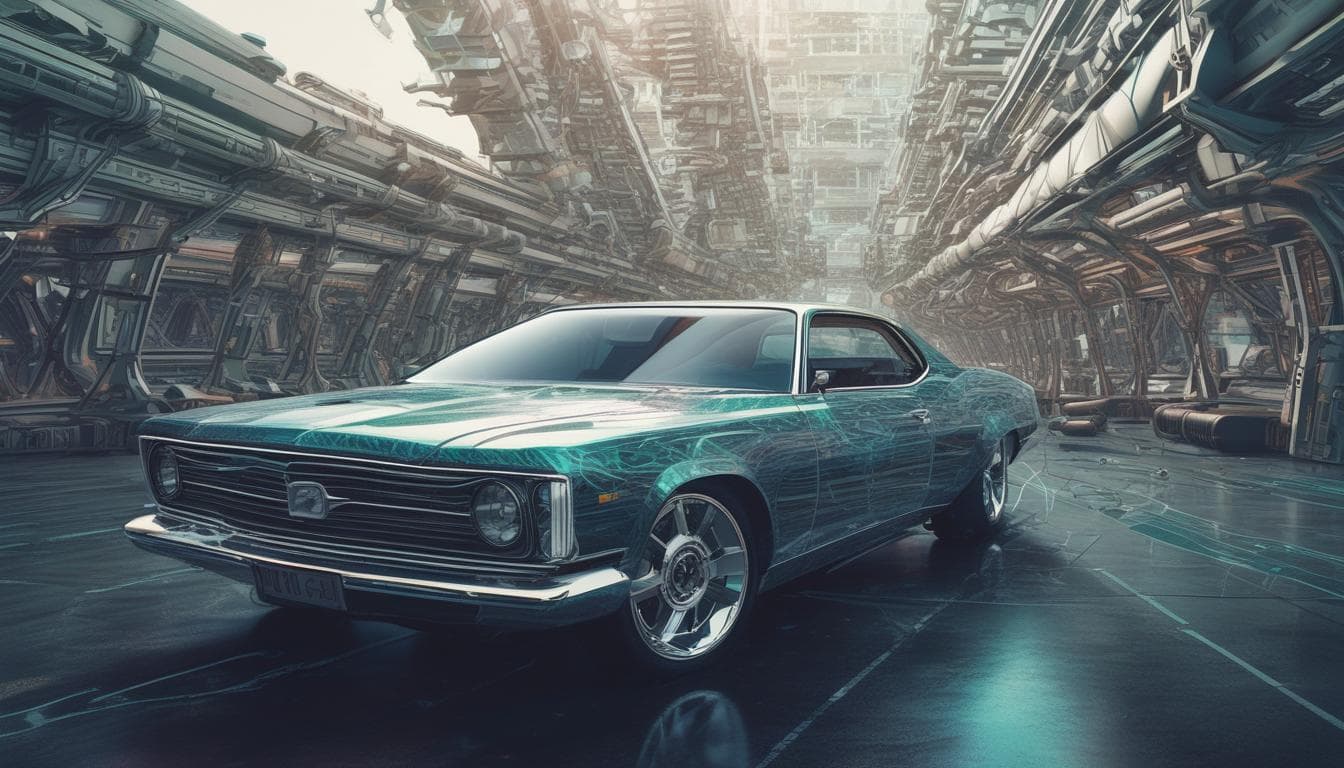With the increasing integration of AI in vehicles, how do you envision the future of car ownership evolving in different cultural contexts? Will personalized AI assistants lead to stronger emotional bonds with our cars, or will autonomous ride-sharing services redefine our relationship with personal vehicles entirely? Consider factors like urban density, public transportation infrastructure, and societal values related to car ownership in your response.
The integration of AI in vehicles is poised to revolutionize car ownership, and the impact will vary significantly across different cultural contexts. Let's explore this fascinating evolution.
The Emotional Bond
Personalized AI assistants could indeed foster stronger emotional bonds with our cars. Imagine an AI that learns your driving habits, anticipates your needs (like adjusting the temperature or playing your favorite music), and even adapts to your mood. This level of personalization could create a sense of companionship and familiarity, blurring the lines between machine and trusted friend. However, this emotional connection might be more pronounced in cultures where cars already hold a significant symbolic value, representing freedom, status, or personal expression.
Autonomous Ride-Sharing and Personal Vehicles
On the other hand, the rise of autonomous ride-sharing services will undoubtedly redefine the relationship with personal vehicles, especially in densely populated urban areas with robust public transportation. In these contexts, owning a car might become less of a necessity and more of a luxury or a symbol of personal preference. The convenience and cost-effectiveness of autonomous ride-sharing could lead to a decline in personal car ownership, particularly among younger generations who are less attached to the traditional concept of car ownership.
Cultural Nuances
Societal values surrounding car ownership also play a crucial role. In some cultures, car ownership is deeply ingrained, symbolizing independence and social status. Shifting away from personal vehicle ownership in these societies would require a significant cultural shift. Conversely, in cultures with strong public transportation systems or where car ownership is less prevalent, the transition to autonomous ride-sharing might be smoother.
The Future Landscape
I believe the future of car ownership will be a multifaceted one, with a blend of personal vehicle ownership and ride-sharing services coexisting. The specific balance will depend on factors like technological advancements, infrastructure development, and evolving cultural values. For more insights on the future of car ownership, I highly recommend checking out this article on the rise of software and feature subscriptions, which explores how subscription models might further alter the landscape.
Further Discussion Points
- The ethical implications of AI-powered vehicles and their impact on employment in the automotive industry.
- The role of government regulations in shaping the future of autonomous vehicles and ride-sharing services.
- The environmental impact of different car ownership models and transportation solutions.
- The security and privacy concerns associated with AI-powered vehicles and data collection.
このトピックについてさらに詳しく探る
会話に参加する
- 感情認識する車:未来の運転体験を議論
車がドライバーの感情を理解し、運転スタイルや車内環境を調整する技術の潜在的なメリット・デメリット、倫理的な課題について議論します。安全性、快適性、運転の楽しさといった観点から、未来の運転体験への影響を探ります。
- 感情を持つ未来の自動車と保険:AIの判断ミス、精神的価値の補償はどうなる?
未来の自動車が感情を持つパートナーへと進化した際、自動車保険はどう変わるべきか?自動運転中の事故責任、AIの感情的判断ミス、ドライバーの感情モニタリング、車の精神的価値の補償など、未来の自動車保険のあり方について議論します。
- 感情認識する車:未来の運転体験はどう変わる?
車がドライバーの感情を理解し反応する未来の運転体験について議論します。怒りや喜びなど、感情に合わせた車の反応や、より安全で快適な運転体験の可能性、そして車との新しい関係性について意見交換しましょう。





